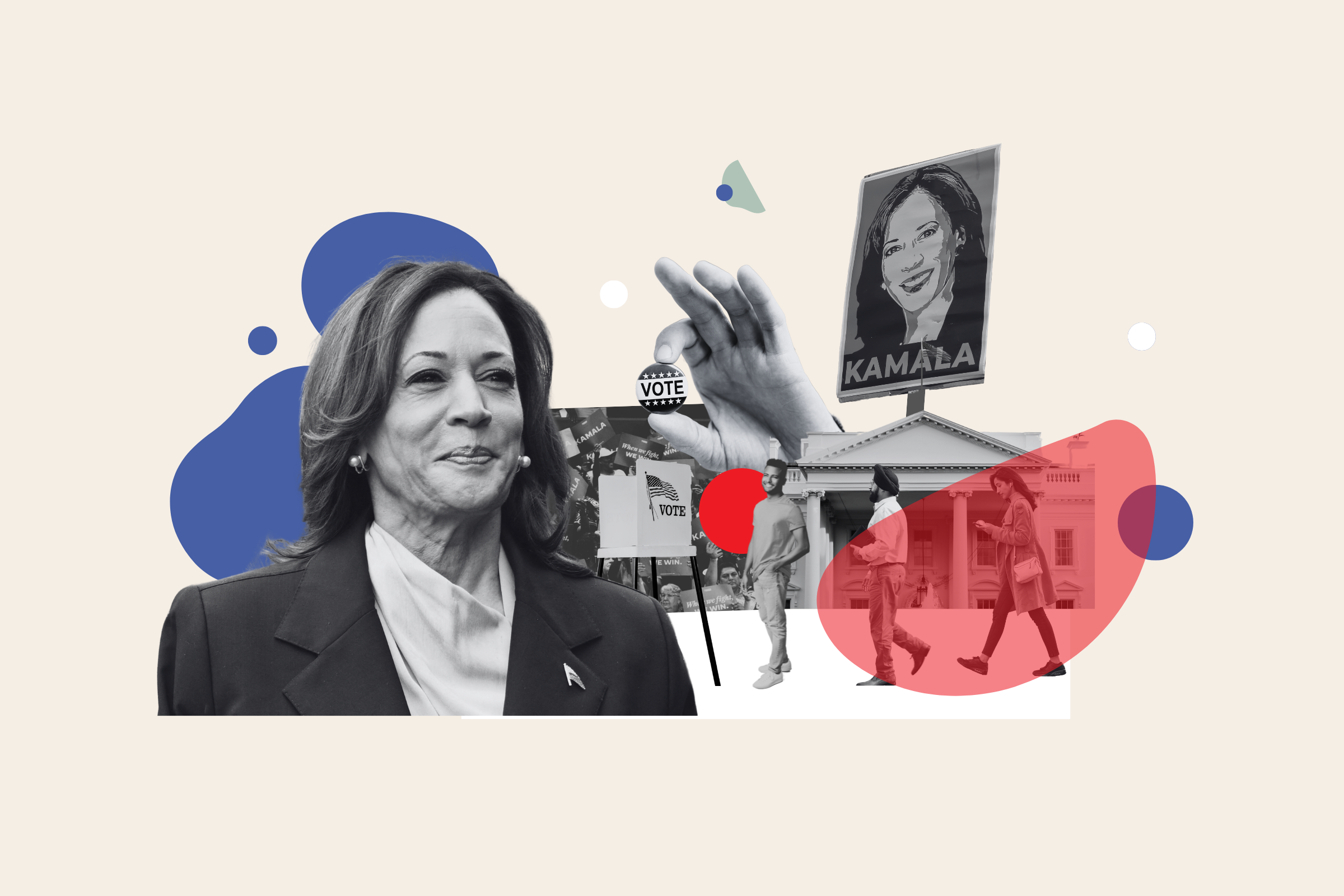This week, former President Donald Trump stirred controversy by questioning Vice President Kamala Harris’s racial identity. “She was always of Indian heritage, and she was only promoting Indian heritage,” he asserted at a gathering of Black journalists. He expressed confusion, wondering if Harris identified more as Indian or Black, stating, “I didn’t know she was Black until a number of years ago, when she happened to turn Black.”
In response, Harris dismissed Trump’s remarks as the “same old show” aimed at sowing division. The daughter of a Jamaican father and an Indian mother, she has consistently identified as both Asian and Black.
Mobilizing Key Battlegrounds
Recently, a group named South Asian Women for Harris hosted a call that attracted over 4,000 participants, raising more than $250,000 in just two hours. The event featured panelists like actress Mindy Kaling and Rep. Pramila Jayapal, one of the few Indian Americans in Congress.
According to the 2020 U.S. Census, Americans of Indian descent represent the largest segment of Asian Americans. Key battleground states, including Arizona, Georgia, Nevada, and Michigan, boast significant Indian American populations that could bolster Harris’s campaign on election day.
Research by Sara Sadhwani, a politics professor at Pomona College, indicates that Indian Americans are particularly driven by shared identity, more so than any other Asian American subgroup.

Her survey from May 2020 highlighted that nearly 60% of Indian Americans would support an Indian American candidate. Sadhwani noted that the Delaware-Maryland ticket won Georgia by just 12,000 votes last election. “With around 100,000 Indian Americans eligible to vote in Georgia, their turnout—alongside historic Black and growing Latino communities—could be pivotal,” she added.
Can Kamala Harris Capitalize?
Nonetheless, Harris will need to actively engage Indian American voters to secure their support. “Beyond mentioning coconut trees, she must showcase her understanding of the issues that matter to Indian Americans and other Asian Americans,” Dhingra noted. “By closely aligning her identity with her policies, she can inspire voters.”
Harris is well-placed to attract support, given that Asian Americans typically lean Democratic, yet she must clarify how her vision will benefit this demographic on both national and global fronts.
Sadhwani believes that Harris’s acknowledgment of her Indian roots will encourage Indian Americans to vote for her. “Indian Americans want representation in politics, and this election cycle features genuine Indian American candidates in both parties,” she explained.
Harris’s commitment to her dual identities as a Black woman and an Indian American woman sets her apart from candidates like Nikki Haley, who has distanced herself from her heritage.
During a recent luncheon with Indian Prime Minister Narendra Modi, Harris reflected on her upbringing: “My mother took my sister and me to India every other year to help us connect with our roots.” She emphasized the importance of familial ties and cultural traditions, which resonate deeply with many Indian Americans.
Harris expressed her pride in her Indian roots during the 2020 Democratic National Convention and when she cooked traditional dishes with Kaling in 2019. “These cultural nods are relatable for many Indian Americans,” Sadhwani noted, concluding that supporting Harris could fulfill both the political aspirations and sense of community for many in the Indian American electorate.
